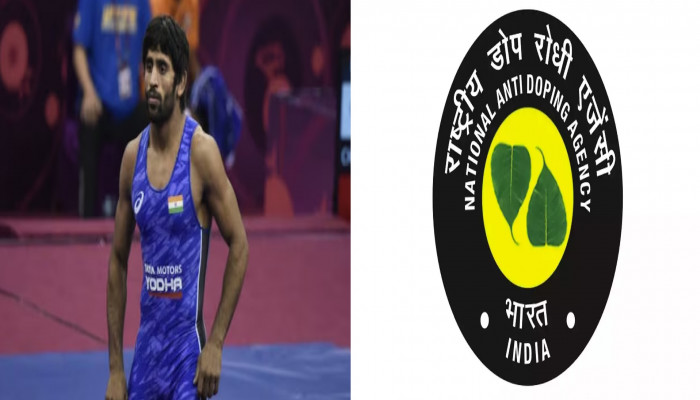Bajrang Punia faces 4-year ban for violation of anti-doping code
- In Reports
- 12:04 PM, Nov 27, 2024
- Myind Staff
Bajrang Punia, the bronze medalist from the Tokyo Olympics, has been given a four-year suspension by the National Anti-Doping Agency (NADA) for refusing to provide a urine sample during the national team selection trials on March 10, 2024. This suspension is a result of breaking Rule 10.3.1 of NADA’s Anti-Doping Rules.
On April 23, 2024, NADA first placed a temporary suspension in place. After this, Bajrang was also suspended by the World Wrestling Governing Body (UWW). On May 31, 2024, NADA's Anti-Disciplinary Doping Panel (ADDP) revoked the wrestler's provisional suspension after the wrestler successfully appealed against it, pending a formal notice of charge. A formal notification was served by NADA on June 23, 2024. Following Bajrang's written submissions and hearings on September 20 and October 4, the ADDP ruled to impose a four-year ineligibility penalty beginning on April 23, 2024.
Bajrang is also prohibited from participating in wrestling matches and possibly seeking coaching positions abroad at this time due to the suspension. The ADDP clarified, “Needless to say that on account of the lifting of the provisional suspension for the period from 31.05.2024 to 21.06.2024 shall not be credited into the total period of ineligibility of four years.” Bajrang maintained that his lack of faith in NADA's procedures was the real reason behind his refusal rather than a conscious one. Citing examples of testing kits that had expired, he said, “It was not an outright refusal per se. The athlete was always willing to provide his sample provided that he first received a response from NADA concerning the use of expired kits.”
Bajrang claimed that his situation worsened because of his involvement in protests against the former Wrestling Federation of India (WFI) President, Brij Bhushan Sharan Singh. He argued that this led to biased treatment. "The outright refusal by the athlete to provide a urine sample for the dope test was intentional and deliberate," according to NADA, which stated that the athlete's actions were purposeful and showed a lack of respect for the anti-doping obligations specified in Articles 20.1 and 20.2 of its 2021 regulations. The dispute highlights conflicts between athletes and anti-doping officials, and Bajrang's case highlights problems with sports governance's trust and procedural framework.







Comments